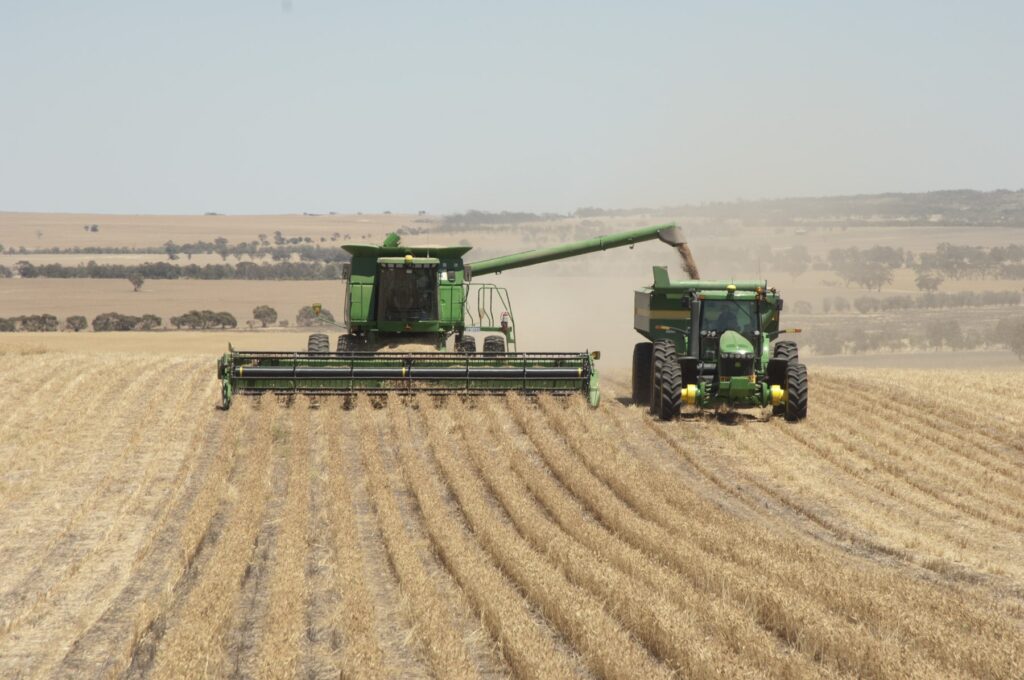
The Integration of Biotechnology in Sustainable Farming Practices
In the quest for sustainability within the agricultural sector, biotechnology has emerged as a pivotal force, offering innovative solutions to enhance crop resilience, yield, and nutritional value while minimising environmental footprints. This blog delves into how biotechnology is being integrated into sustainable farming practices, highlighting its benefits, challenges, and future prospects.
Biotechnology: A Catalyst for Sustainable Agriculture
Biotechnology in agriculture involves the use of scientific techniques and tools, including genetic engineering, molecular markers, molecular diagnostics, vaccines, and tissue culture, to modify living organisms or parts of organisms. This field is revolutionizing farming practices by developing crops that can withstand environmental stresses, diseases, and pests, thereby promoting sustainability.
Enhancing Crop Resilience and Yield
- Drought and saline-tolerant crops: Biotechnology has led to the development of crop varieties that can grow in adverse conditions, such as drought or high salinity soils, ensuring food security in vulnerable regions.
- Disease-resistant varieties: Genetic modification has produced crops resistant to pests and diseases, reducing the need for chemical pesticides and contributing to environmental health.
Improving Nutritional Content
- Biofortified crops: Golden rice, enriched with Vitamin A, is a prime example of how biotechnology can address nutritional deficiencies in developing countries, showcasing the potential to enhance the nutritional quality of staple crops.
Reducing Environmental Impact
The integration of biotechnology in farming practices holds significant promise for reducing agriculture’s environmental impact, addressing one of the most pressing challenges of our time.
Sustainable Pest Management
- Bt crops: These genetically modified crops produce a toxin (Bacillus thuringiensis) that is harmful to specific pests but safe for humans and wildlife, reducing the reliance on synthetic pesticides.
Conservation Tillage
- Herbicide-tolerant crops: Enable the adoption of no-till or reduced-till farming practices, decreasing soil erosion and water loss, and improving carbon sequestration in soil.
Challenges and Ethical Considerations
While the benefits of biotechnology in sustainable farming are manifold, several challenges and ethical considerations persist, necessitating a balanced and cautious approach.
Regulatory and Safety Concerns
- Strict regulations: Genetically modified organisms (GMOs) are subject to rigorous safety assessments and regulatory scrutiny, which can be a lengthy and costly process, potentially hindering innovation.
- Public perception: Concerns over the safety and ecological impact of GMOs have led to resistance among some consumers and advocacy groups, emphasizing the need for transparency and education.
Biodiversity and Ecological Impact
- Gene flow: The potential for genes from GMOs to transfer to wild relatives, affecting biodiversity and ecosystem dynamics, remains a concern, highlighting the importance of monitoring and management.
The Future of Biotechnology in Sustainable Farming
As the global population continues to grow, and environmental challenges become more pronounced, the role of biotechnology in ensuring food security and sustainability will only increase.
Innovations on the Horizon
- CRISPR and gene editing: Newer technologies like CRISPR offer more precise and efficient methods for crop improvement, with potential applications ranging from enhancing crop resilience to climate change to developing more nutritious and high-yielding varieties.
- Microbial biotechnology: Leveraging beneficial microbes to improve crop growth, stress tolerance, and nutrient uptake is an emerging area that could further reduce chemical inputs in agriculture.
Integrating Traditional Knowledge
- Collaboration with indigenous practices: Combining biotechnological advancements with traditional agricultural knowledge can lead to more holistic and sustainable farming solutions, respecting local ecosystems and cultural practices.
Conclusion
The integration of biotechnology into sustainable farming practices represents a forward-looking approach to addressing some of the most significant challenges facing global agriculture today. By enhancing crop resilience, reducing environmental impact, and improving nutritional content, biotechnology holds the key to transforming agricultural systems into more sustainable, productive, and resilient frameworks. However, navigating the ethical, environmental, and regulatory landscapes will be crucial to harnessing the full potential of biotechnology in a manner that benefits humanity and the planet alike. As we move forward, fostering innovation while ensuring safety and sustainability will be paramount in leveraging biotechnology for a more food-secure and environmentally sustainable future.















